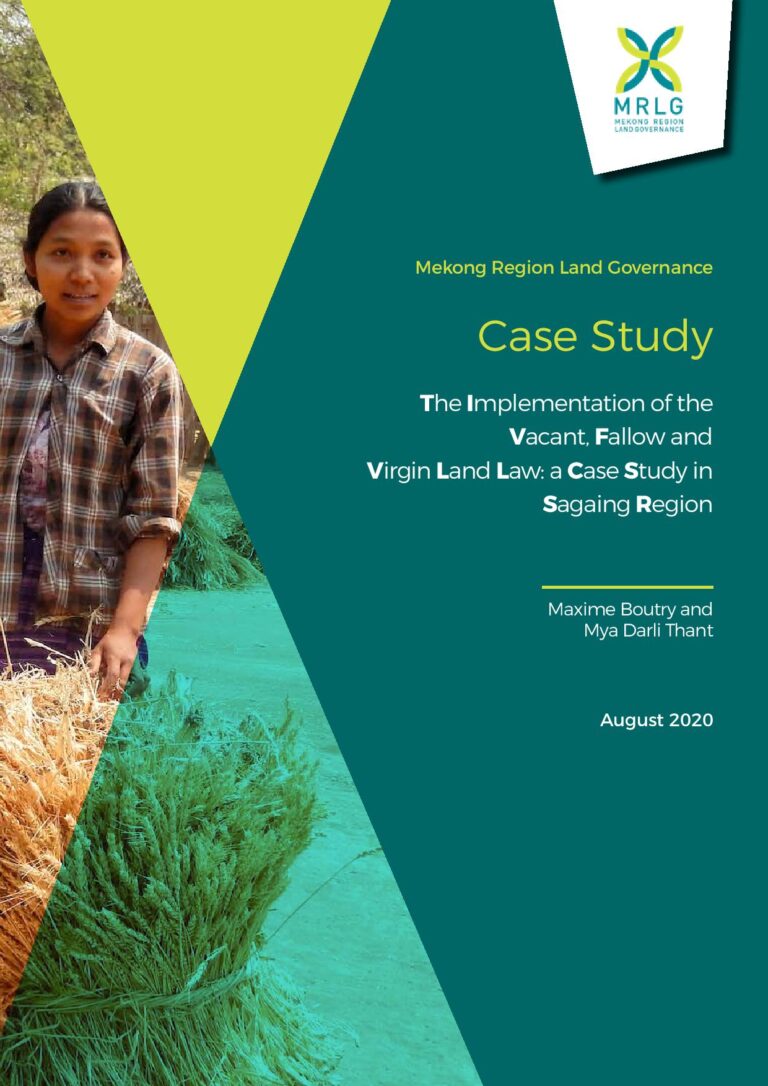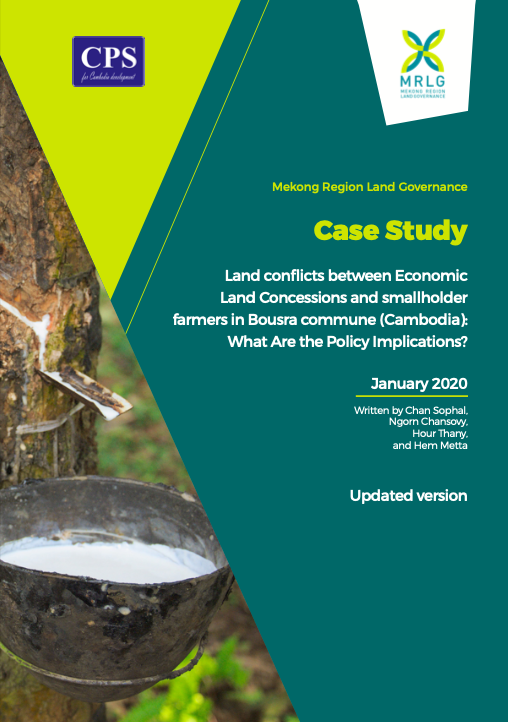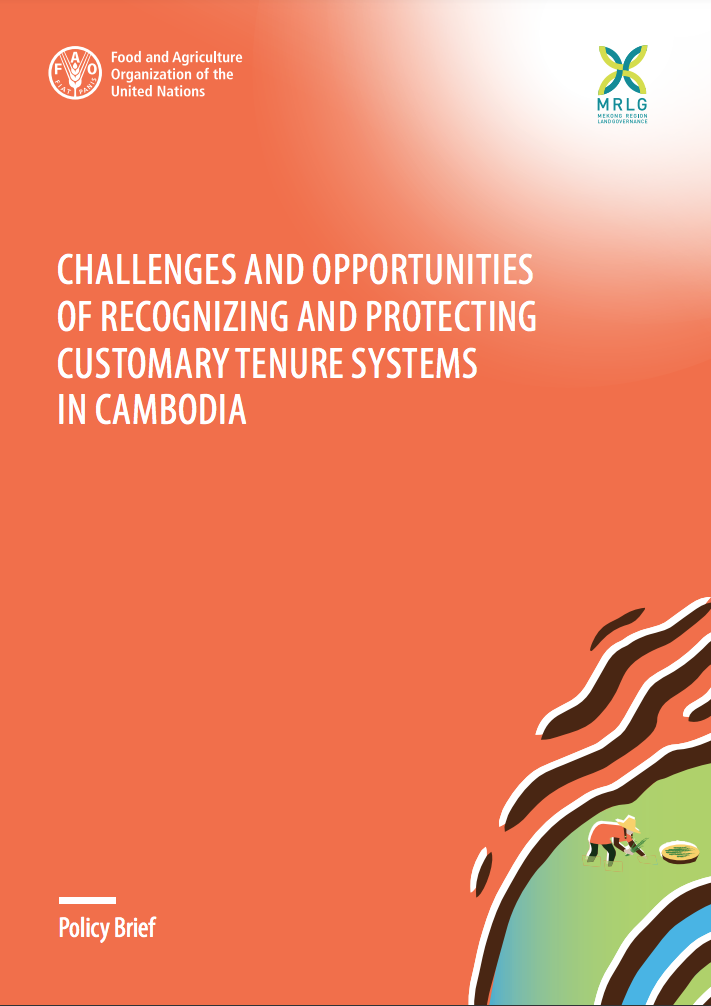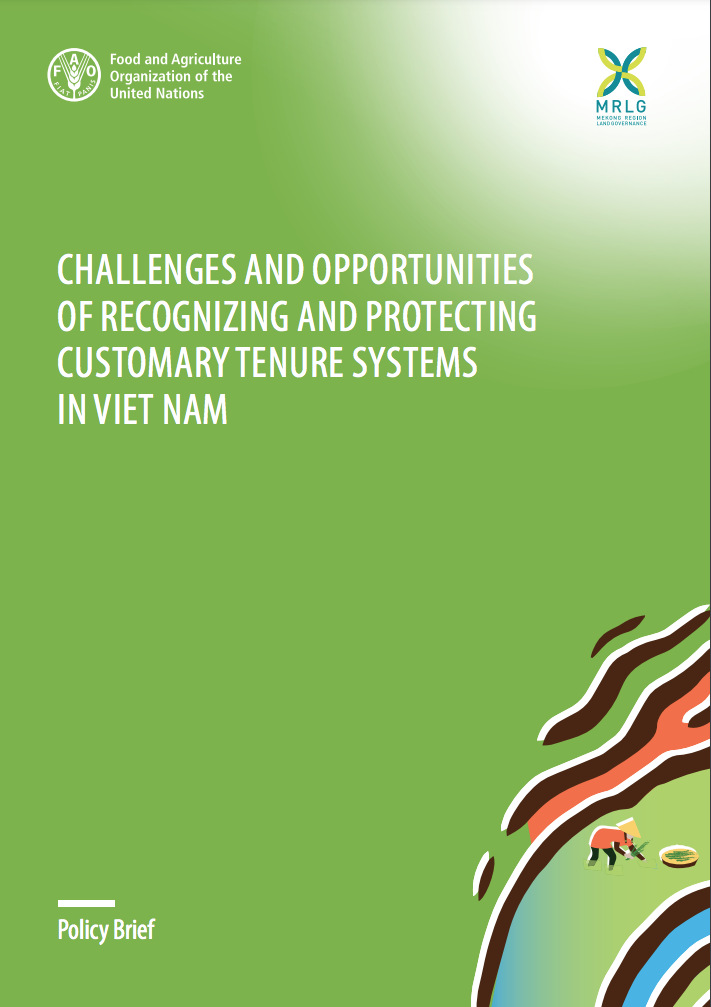Location
Project Description
Land governance is at the center of development challenges in Cambodia, Laos, Myanmar and Vietnam. Governments are revising land policies and practices in order to face these challenges. The project aims to (i) assist the emergence of more favorable policies and practices for securing the rights and access of family farmers to land and natural resources; and (ii) to strengthen the effectiveness of concerned stakeholders through learning, alliance building and regional cooperation.
The MLRG project is based in Laos, with local offices in three other countries: Cambodia, Myanmar, and Vietnam. It supports a wide range of activities (training, exchanges, case studies, focused research, documentation, workshops and seminars) at local, national and regional levels.
The MRLG can support initiatives through three component windows, the first is a learning and advocacy ongoing activity platform supported by National Facilitators in each country. The second two are funded through our Grant Facility open to all stakeholders based on demand and proposals prepared. A short term and immediate response window is the Quick Disbursement Fund (QDF). The second longer term and competitive proposal process is the Innovation Fund (IF). The learning and advocacy activity platform prepared on an annual basis in consultation with stakeholders to organize information collection, analysis, and dissemination, and for horizontal learning and structured learning visits, coaching and pairing, training and organizational strengthening, at the national and regional level.
Members:
Resources
Displaying 16 - 20 of 110Chinese Investment into Tissue-Culture Banana Plantations in Kachin State, Myanmar
In the last decade, Myanmar’s Kachin State has seen a boom in tissue-culture banana plantations driven by cross-border Chinese investors. This Case Study compiles field research and publicly available knowledge about the scale of the production and its economic, social and environmental consequences. The study provides a detailed snapshot of the investment model and key actors in Kachin State, the methods of land access, landscape outcomes, and experiences of plantation workers.
The Implementation of the Vacant, Fallow and Virgin Land Law: a case study in Sagaing Region
This Case Study looks at the implementation of the Vacant, Fallow and Virgin Lands Management Law (VFV Law) in seven villages in Sagaing Region, to assess the practices on the ground and how the law impacts the land tenure security of smallholder farmers.
Land conflicts between Economic Land Concessions and smallholder farmers in Bousra commune (Cambodia): What Are the Policy Implications?
In 2007-8, the Cambodian government granted Economic Land Concessions (ELC) to two rubber companies, namely Socfin-KCD and Dak Lak Mondulkiri Aphivath in Bousra commune, Mondulkiri province. Through a comparative approach, the Case study examines the impact of these rubber concessions on local land tenure systems. It examines how each company took into consideration the land claims of affected people and communities, and the effectiveness of the conflict resolution approach.
Challenges and opportunities of recognizing and protecting customary tenure systems in Cambodia
This policy brief was developed in order to enable a meaningful engagement and policy dialogue with government institutions and other relevant stakeholders about challenges and opportunities related to recognizing customary tenure in Cambodia.
Challenges and opportunities of recognizing and protecting customary tenure systems in Viet Nam
This policy brief was developed in order to enable a meaningful engagement and policy dialogue with government institutions and other relevant stakeholders about challenges and opportunities related to recognizing customary tenure in Viet Nam.






